
Short Poetry Collection 109
This is a collection of poems read by LibriVox volunteers for June 2012. [chương_files]
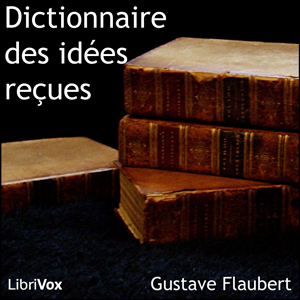
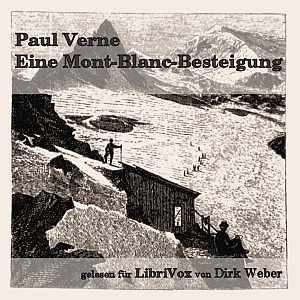


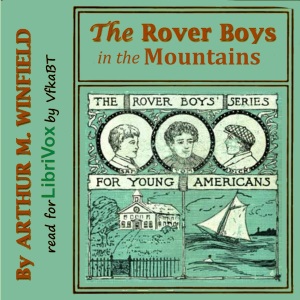
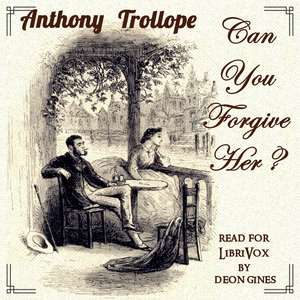


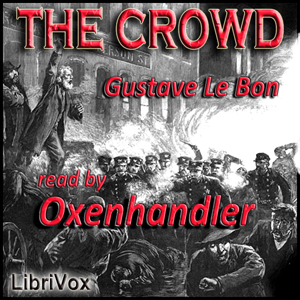
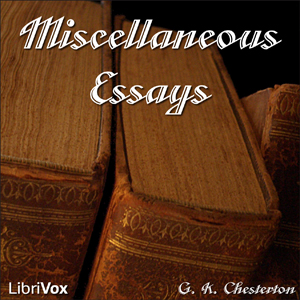

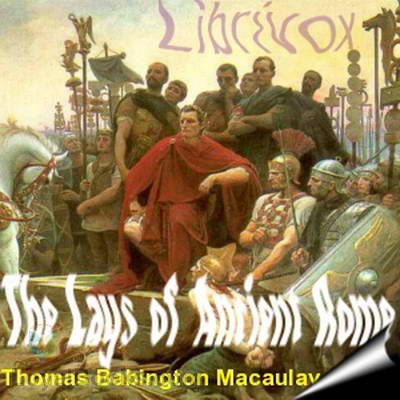
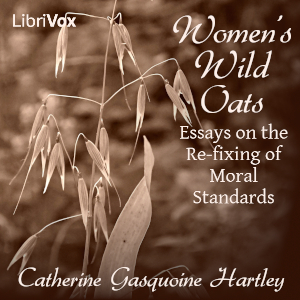

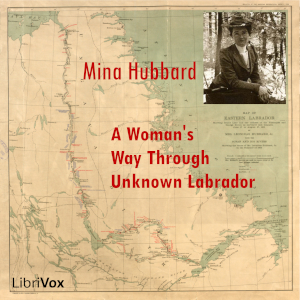


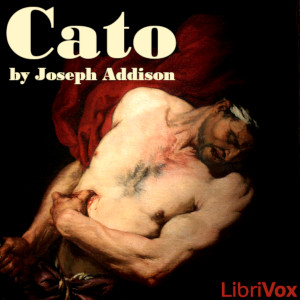

This is a collection of poems read by LibriVox volunteers for June 2012. [chương_files]
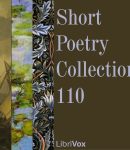
This is a collection of poems read by LibriVox volunteers for July 2012. [chương_files]
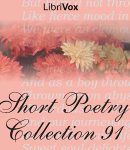
This is a collection of poems read by LibriVox volunteers for the month of September and October 2010. [chương_files]

“Sketches by “Boz,” Illustrative of Every-day Life and Every-day People (commonly known as Sketches by Boz) is a collection of short pieces published by Charles Dickens in 1836 accompanied by illustrations by George Cruikshank. The 56 sketches concern London scenes and people and are divided into four sections: “Our Parish”, “Scenes”, “Characters”, and “Tales”. The material in the first three of these sections is non-fiction. The last section comprises fictional stories. Originally, the sketches were published in various newspapers and periodicals from 1833-1836.” [chương_files]
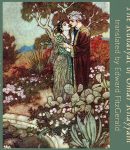
The Rubáiyát of Omar Khayyám (Persian: رباعیات عمر خیام) is the title that Edward Fitz-Gerald gave to his translation of a selection of poems, originally written in Persian and of which there are about a thousand, attributed to Omar Khayyám (1048–1131), a Persian poet, mathematician and astronomer. A Persian ruba’i is a two-line stanza with two parts (or hemis-techs) per line, hence the word “Rubáiyát” (derived from the Arabic root word for “four”), meaning “quatrains”. The translations that are best known in English are those of about a hundred of the verses by Edward FitzGerald (1809–1883). Of the five editions published, four were published under the authorial control of FitzGerald. The fifth edition, which contained only minor changes from the fourth, was edited after his death on the basis of manuscript revisions FitzGerald had left. FitzGerald also produced Latin translations of certain rubaiyat. As a work of English literature FitzGerald’s version is a high point of the 19th century and has been greatly influential. Indeed, The term “Rubaiyat” by itself has come to be used to describe the quatrain rhyme scheme that FitzGerald used in his translations: AABA. However, as a translation of Omar Khayyam’s quatrains, it is not noted for its fidelity. Many of the verses are paraphrased, and some of them cannot be confidently traced to any one of Khayyam’s quatrains at all. Some critics informally refer to the FitzGerald’s English versions as “The Rubaiyat of FitzOmar”, a nickname that both recognizes the liberties FitzGerald inflicted on his […]

This is a collection of poems read by LibriVox volunteers for June 2011. [chương_files]
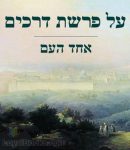
This recording is in Hebrew. Asher Zvi Hirsch Ginsberg (1856 – 1927), primarily known by his Hebrew name and pen name Ahad Ha’am (literally “one of the people”), was a Hebrew essayist and one of the greatest pre-state Zionist thinkers. With his secular vision of a Jewish “spiritual center” in Palestine he confronted Theodor Herzl. Unlike the founder of political Zionism he strove for “a Jewish state and not merely a state of Jews.” In 1889 his first article criticizing practical Zionism, called “Lo ze haddereckh” (This is not the way), appeared in HaMelitz. The ideas in this article became the platform for Bnai Moshe (sons of Moses), a group he founded that year. Bnai Moshe, active until 1897, worked to improve Hebrew education, build up a wider audience for Hebrew literature, and assist the Jewish settlements. This article was the first in a collection of essays published in book form in 1895 (At the Crossroads). The following is a selection from this book. [chương_files]
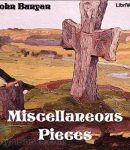
John Bunyan (November 28, 1628 – August 31, 1688), a Christian writer and preacher, was born at Harrowden (one mile south-east of Bedford), in the Parish of Elstow, England. He wrote The Pilgrim’s Progress, arguably the most famous published Christian allegory. In the Church of England he is remembered with a Lesser Festival on 30 August. Bunyan became a popular preacher as well as a prolific author, though most of his works consist of expanded sermons. In theology he was a Puritan, but there was nothing gloomy about him. The portrait his friend Robert White drew, which has often been reproduced, shows the attractiveness of his true character. [chương_files]

This is a collection of poems read by LibriVox volunteers for the month of August 2010. [chương_files]

In this collection of essays, Bruce Barton, considered to be among the most influential advertising men of the 20th century, uses history, religion and current events of the 1920s to teach common sense ideals. From Jesus to Beethoven to Napoleon to Abraham Lincoln, Barton uses stories of great individuals to encourage the reader to make the most of life and at the same time to build strong character traits. [chương_files]
Copyright © 2024 | FreeAudible